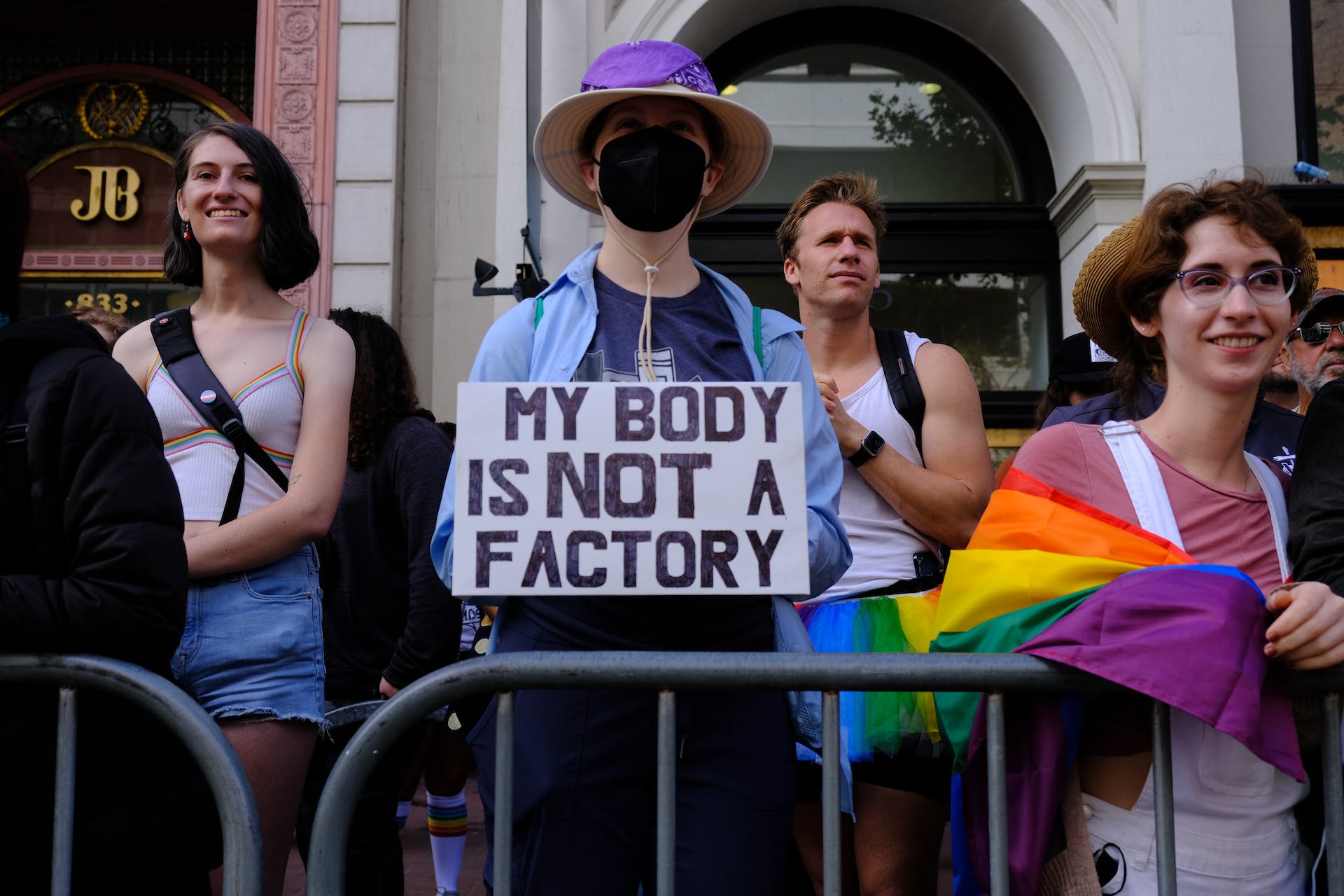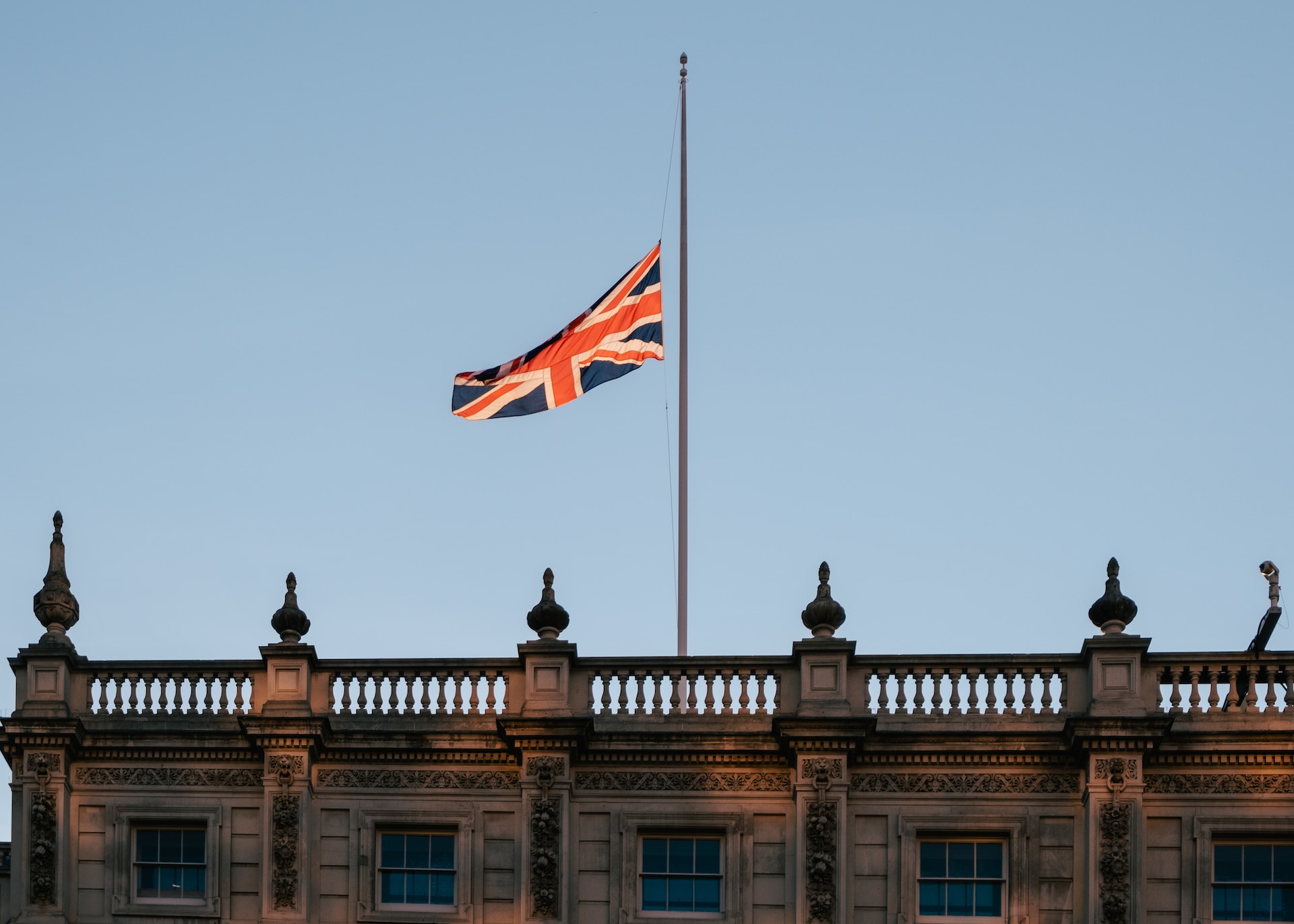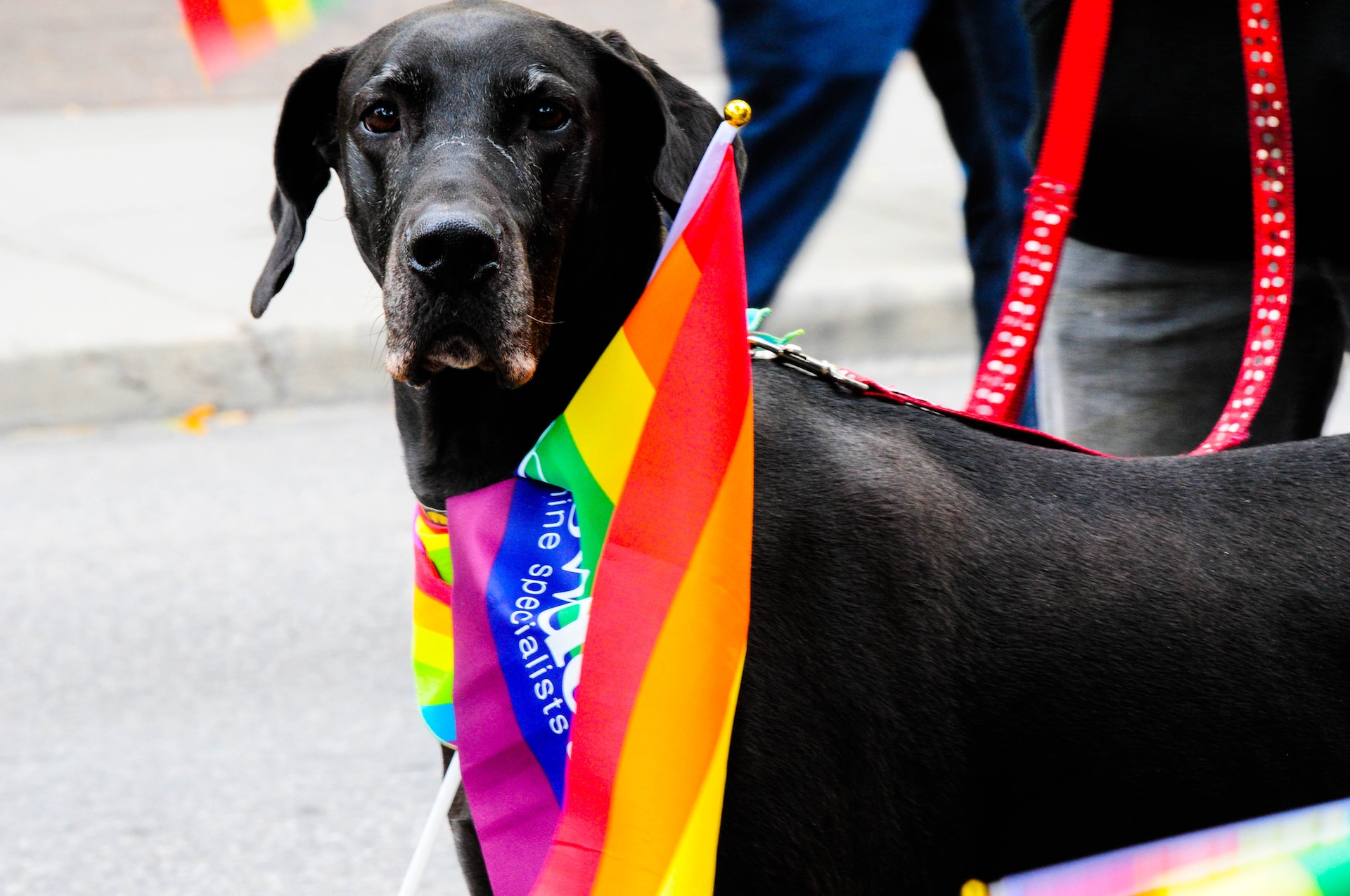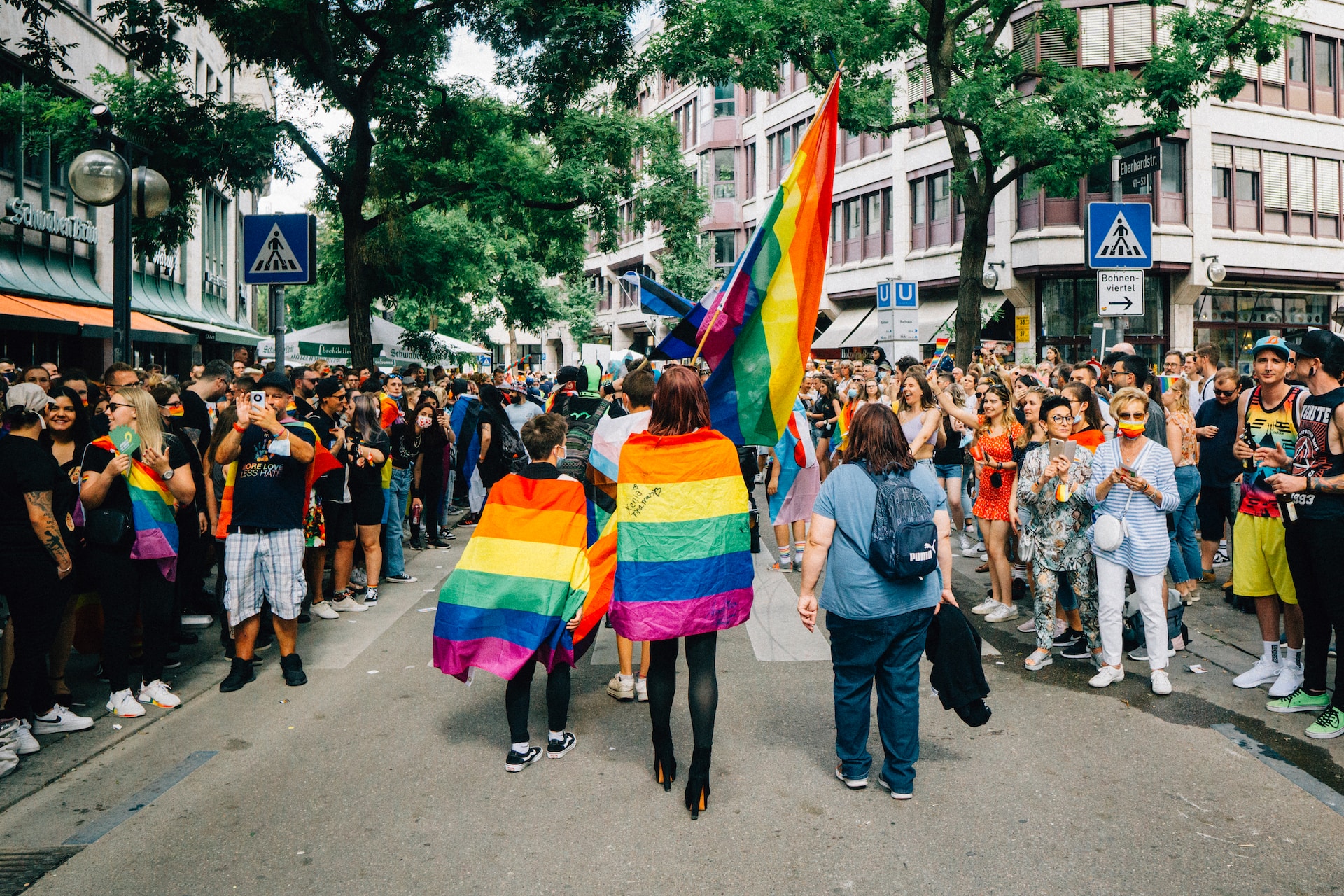Poland’s Opposition Forms Coalition in Wake of Election

Poland’s political landscape witnessed a significant shift as the three largest opposition parties – Civic Coalition, the Third Way, and the Left – reached a coalition agreement. This unity comes in the aftermath of the ruling Law and Justice (PiS) party losing its parliamentary majority in the recent election. The coalition marks a pivotal moment in Polish politics, aiming to chart a new course for the country’s governance.
Coalition Priorities: Security, Rule of Law, and Social Issues
The coalition, led by notable figures including Donald Tusk of the Civic Coalition, has outlined its priorities in the agreement. Top on the list is addressing security concerns, particularly in light of Russian aggression against Ukraine. Additionally, the coalition is committed to restoring the rule of law, which critics say was undermined during PiS’s tenure. Other focus areas include tackling the climate crisis, enhancing women’s rights, improving education and healthcare systems, and combating hate speech.
Challenges in Government Formation
Despite the coalition’s majority in parliament, the path to power is not straightforward. Polish President Andrzej Duda, allied with PiS, has given outgoing Prime Minister Mateusz Morawiecki an opportunity to form a new government. This move is seen by many as a delaying tactic, benefiting PiS. The coalition, asserting its parliamentary majority, has proposed Donald Tusk, a former prime minister and European Council president, as the new government leader.
Accountability and Reforms Promised
The coalition agreement also includes pledges to hold the previous PiS government accountable for its actions and policies, which they describe as detrimental to Poland’s democratic and legal norms. The coalition plans to implement a more predictable tax system, ensure transparency in government finances, depoliticize public media, and improve access to housing and social safety nets.
Internal Differences Within the Coalition
Despite their united front against PiS, the coalition parties have significant differences on several key issues, including abortion, LGBTQ+ rights, and energy policy. The Third Way’s stance against liberalizing Poland’s stringent abortion laws resulted in the exclusion of this issue from the coalition agreement. The Left’s Razem party has expressed support for the government but hesitates to formally join due to the exclusion of explicit commitments on issues like abortion.

The Road Ahead: A New Political Era for Poland
As Poland prepares for the inauguration of the new parliament on November 13, the coalition faces the challenge of navigating its internal differences while fulfilling its ambitious agenda. The opposition’s comfortable majority in parliament offers a promising start, but the coalition’s effectiveness will be tested in its ability to bring tangible changes and unify a politically divided country.
©equalityvoices.org


















